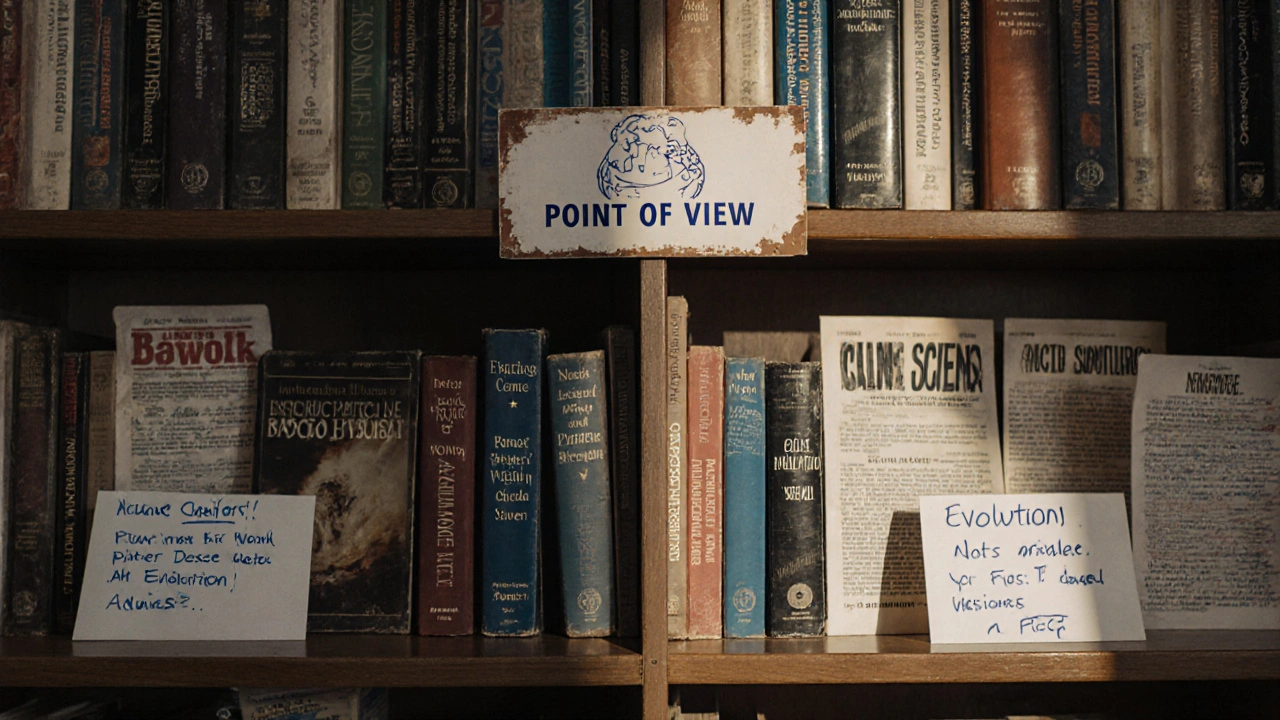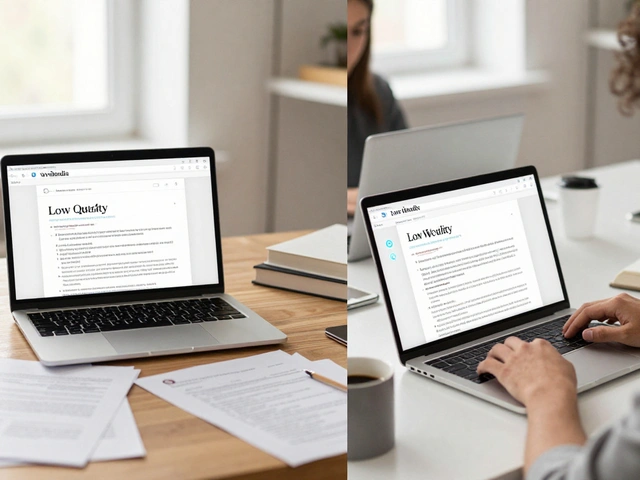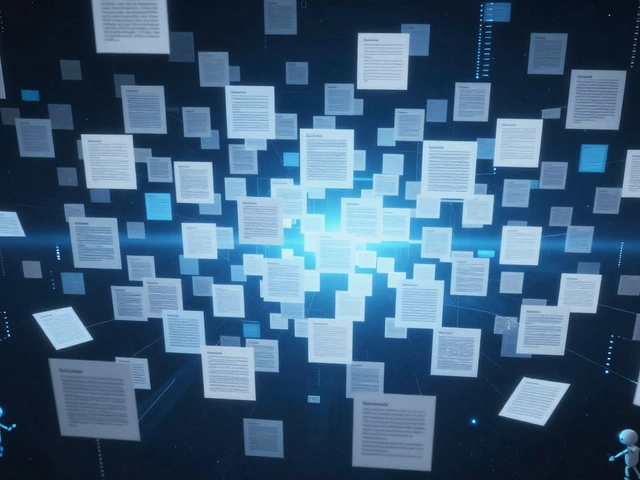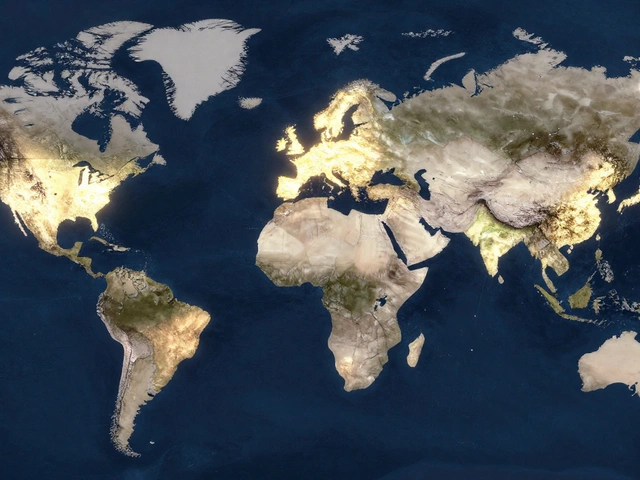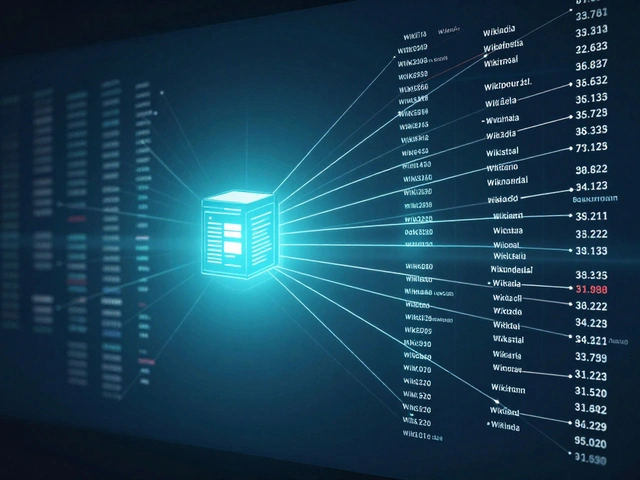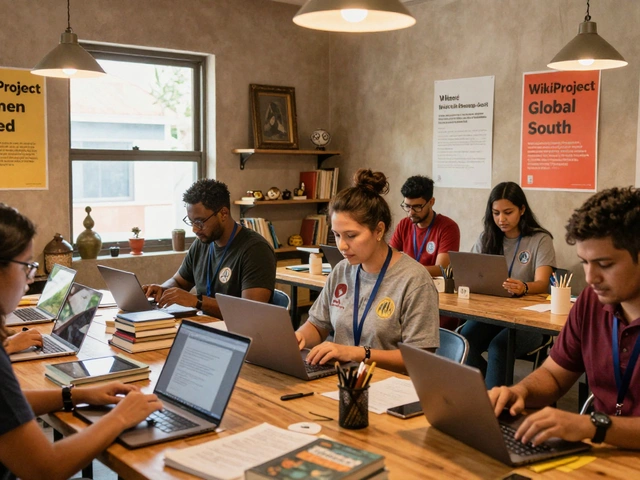Bias in Wikipedia: How systemic gaps shape what we know
When you think of bias in Wikipedia, the unconscious favoring of certain perspectives over others in content creation and curation. Also known as systemic bias, it’s not about one editor being unfair—it’s about who’s missing from the table entirely. Wikipedia doesn’t have a corporate agenda, but it does have a crowd. And that crowd? It’s mostly men, mostly from wealthy countries, mostly with access to reliable sources and time to edit. That’s why coverage of Indigenous peoples, Global South histories, women scientists, and non-Western cultural practices often feels thin, outdated, or flat. The encyclopedia reflects the world as seen by those who show up—not the world as it actually is.
This isn’t random. It’s structural. The due weight, a policy requiring articles to reflect the proportion of coverage given to views in reliable sources rule tries to fix this, but only if those sources exist. If no major newspaper has written about a community’s traditional medicine, Wikipedia can’t magically include it—no matter how important it is. That’s why Wikipedia task forces, volunteer groups focused on fixing gaps in coverage like gender, race, or regional representation exist. They don’t just add facts—they hunt down forgotten sources, challenge outdated language, and train new editors from underrepresented groups. It’s slow work. But it’s changing what counts as "common knowledge" on the site.
Bias isn’t just about who’s left out—it’s about how things are framed. A page on colonialism might cite British archives as "authoritative" while ignoring oral histories from the colonized. A tech article might name ten male founders but leave out the woman who built the first prototype. These aren’t errors. They’re patterns. And they’re being actively addressed—not by algorithms, but by humans who know the stakes. The posts below show how editors are fighting to make Wikipedia more honest: from fixing coverage of Indigenous narratives to calling out how AI tools freeze old biases into new edits. You’ll see how a single policy like due weight can make or break fairness, how volunteers rebuild missing history one citation at a time, and why trust in Wikipedia still beats AI-generated summaries—because someone, somewhere, is still checking the sources.
What Neutral Coverage Means for Polarized Topics on Wikipedia
Wikipedia’s neutral coverage doesn’t ignore controversy - it documents it fairly. Learn how the platform balances polarized topics with facts, sources, and transparency - and why it still works in a divided world.
